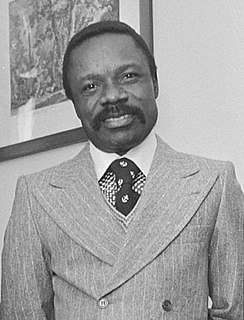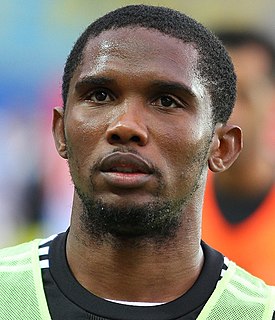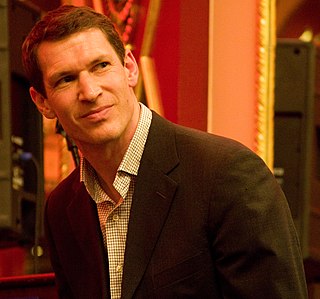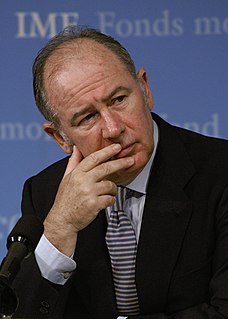A Quote by Kenneth Clarke
Energetic action on debt would make a radical difference to the prospects of many of the poorest countries in the world, at no practical cost to creditor countries.
Related Quotes
Outside of a Grand Slam, I don't think there's a tournament in the world that has this many top players representing their countries. It's really remarkable that we have this many No. 1's. And with so many countries being represented, it's going to give the fans from Las Vegas who are from those countries a chance to come out and root for their countrymen.
First, climate change is the greatest long-term threat faced by humanity. It could cause more human and financial suffering than the two world wars and the great depression put together. All countries will be affected, but the poorest countries will be hit hardest. Secondly, the costs of inaction far outweigh the costs of action.
A considerable proportion of the developed world's prosperity rests on paying the lowest possible prices for the poor countries' primary products and on exporting high-cost capital and finished goods to those countries. Continuation of this kind of prosperity requires continuation of the relative gap between developed and underdeveloped countries - it means keeping poor people poor. Increasingly, the impoverished masses are understanding that the prosperity of the developed countries and of the privileged minorities in their own countries is founded on their poverty.
Studying in countries like China isn't only about your prospects in the global marketplace. It's not just about whether you can compete with your peers in other countries to make America stronger. It's also about whether you can come together and work together with them to make our world stronger. It's about the friendships you make, the bonds of trust you establish and the image of America that you project to the rest of the world.
America is among the countries the advance countries with the least equality of opportunity, which means that the - while I prospects of young American, a more dependent on the income and education's parents (ph) than another - other countries. So this notion of equal opportunity is sort of American dream is, is now a myth.


































